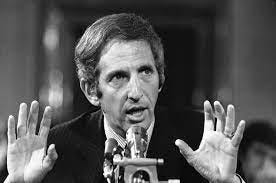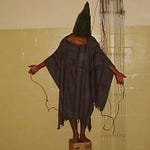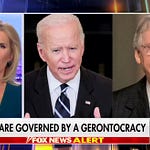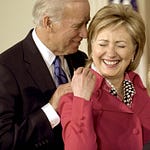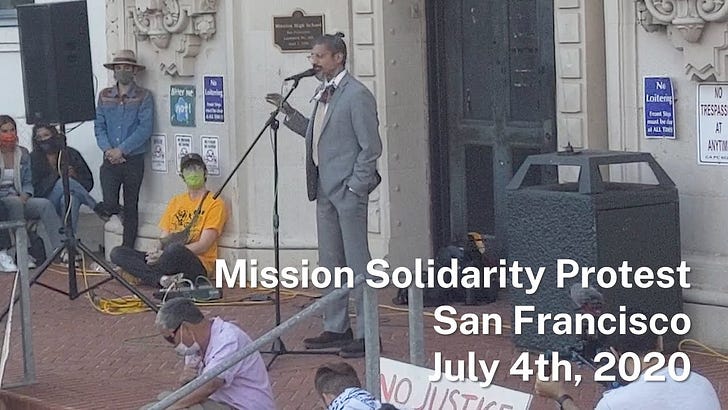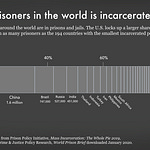50 years ago, a saga more dramatic than any fiction gripped the entire world as a military whistleblower fought the Nixon administration over the public’s right to know the real story about the fraudulent war on Vietnam.
As the Pentagon Papers revealed years of government lies, newspaper editors around the country mobilized to inform the public, organizing across over a dozen newspapers to counter an aggressive campaign by Nixon’s Department of Justice to guard the official narrative—based on lies—that enabled the war and its grotesque escalation.
This history is not only recent, but also crucially relevant to a continuing pattern of bipartisan Pentagon lies enabling the wars on both Iraq and Afghanistan, as well as a new generation of lies enabling escalating conflicts in eastern Europe and Asia.
In the years since Ellsberg helped bring down Nixon, American newspaper editors lost their independence to a combination of consolidation across the media landscape, predation by private equity, and the rise of access journalism and corresponding unwillingness to risk compromising relationships with government sources.
The result is a more or less useless, co-opted press corps that, despite the protections of the First Amendment, might as well be state-controlled. Journalists in the United States have generally reduced themselves to propagandists, sycophants entirely too willing to defer to government lies enabling military industrial corruption over and over again.
The collapse of journalism in the United States is one reason why the legacy of Daniel Ellsberg is so important today. Washington’s bipartisan prosecution of publisher Julian Assange for the “crime” of revealing Pentagon lies is another. Washington’s relentless thirst for excuses to sell weapons offers a third. Together, they indicate why it could be so important—especially to the international community and the historical record—for the Nobel Peace Prize committee to grant Daniel Ellsberg the international recognition that he has long deserved.
Beyond acknowledging the incomparable contributions of a world historical figure, that recognition could play a key role in educating Americans—most importantly newspaper journalists and editors—about the crucial role of transparency in lending legitimacy to the government’s actions. It would highlight the dire need to protect transparency in an era when whistleblowers (and now, even publishers) face escalating retaliation, as severe as prosecution for espionage, simply for performing their constitutional function of informing the public.
I’m grateful to have met Daniel Ellsberg and to have spoken alongside him. He remained brilliant, lucid, and indescribably encyclopedic throughout his long and illustrious life. As a figure who has done more to expose and challenge military industrial corruption in Washington than anyone else in U.S. history, we all owe him a unique and profound debt.
Paid subscribers can access my review of the documentary film about Ellsberg nominated for an Oscar in 2010.
Thanks for reading—and please sign the petition to the Nobel Peace Prize committee if you haven’t already!
Listen to this episode with a 7-day free trial
Subscribe to Chronicles of a Dying Empire to listen to this post and get 7 days of free access to the full post archives.




